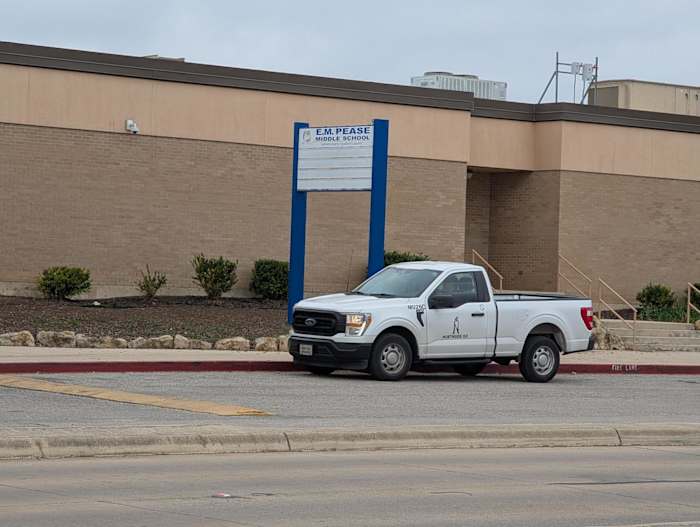A seven-member Iranian opposition delegation, connected to Crown Prince Reza Pahlavi, sought Israeli expertise during a landmark visit. Focusing on solutions to Iran’s water crisis and broader cooperation, the group deemed the effort a “win-win for our people.”
‘Win-win for our people’: Iranian opposition seeks Israeli expertise in visit for post-regime Iran
Key Takeaways:
- A seven-member Iranian opposition delegation traveled to Israel.
- The group is led by Crown Prince associates exploring post-regime cooperation.
- Water crisis solutions were a major focus of discussions with Israeli experts.
- The visit references the “Cyrus Accords” as a potential framework.
- The delegation hopes these talks will shape Iran’s future beyond its current regime.
Introduction
A high-level Iranian opposition entourage recently touched down in Israel on a notable diplomatic foray. Comprising seven members affiliated with Crown Prince Reza Pahlavi, the delegation aimed to investigate possible avenues for cooperation should Iran embark on a new political chapter beyond the current Islamic Republic regime.
The Delegation’s Goals
Led by associates of Iran’s exiled Crown Prince, the group came armed with a clear mission: to secure a “win-win for our people.” They sought direct insights from Israeli officials and specialists who hold long-standing expertise on complex regional issues. This visit underscores the desire of some Iranian exiles to foster channels of dialogue that have rarely existed in modern times.
Addressing Iran’s Water Crisis
One of the most pressing concerns highlighted during the meeting was Iran’s ongoing water crisis. The delegation explored how Israeli experts—renowned for their innovations in water technology—could potentially offer solutions. By observing Israeli techniques in desalination, water conservation, and resource management, the Iranian opposition hopes to build practical strategies that can be put into place when and if political conditions shift in Tehran.
The Cyrus Accords and Future Prospects
Discussions also touched on what has been loosely referred to as the “Cyrus Accords,” suggesting a forward-looking framework that might define Israeli-Iranian cooperation in a post-regime era. Though details were not fully disclosed, the mention of these accords points to the symbolic and historical ties between ancient Persia and the Jewish people, with a renewed emphasis on mutual benefits in the modern age.
Looking Beyond the Current Regime
At its core, the delegation’s trip was about planning for a future in which Iran opens its doors to outside expertise and collaboration. With various stakeholders, including Israeli officials like Gila Gamliel and Iranian opposition figures such as Saeed Ghasseminejad, the hope is that once circumstances change in Tehran, a ready-made plan for cooperation and development can take root.
Conclusion
Whether or not these talks mark a genuine turning point for Iranian-Israeli relations remains to be seen. But for the seven-member delegation that arrived in Israel with a hopeful outlook, forging a path built on trust and shared interests could eventually provide a lifeline for Iran’s people—and perhaps set the stage for a future free from decades of hostility.











